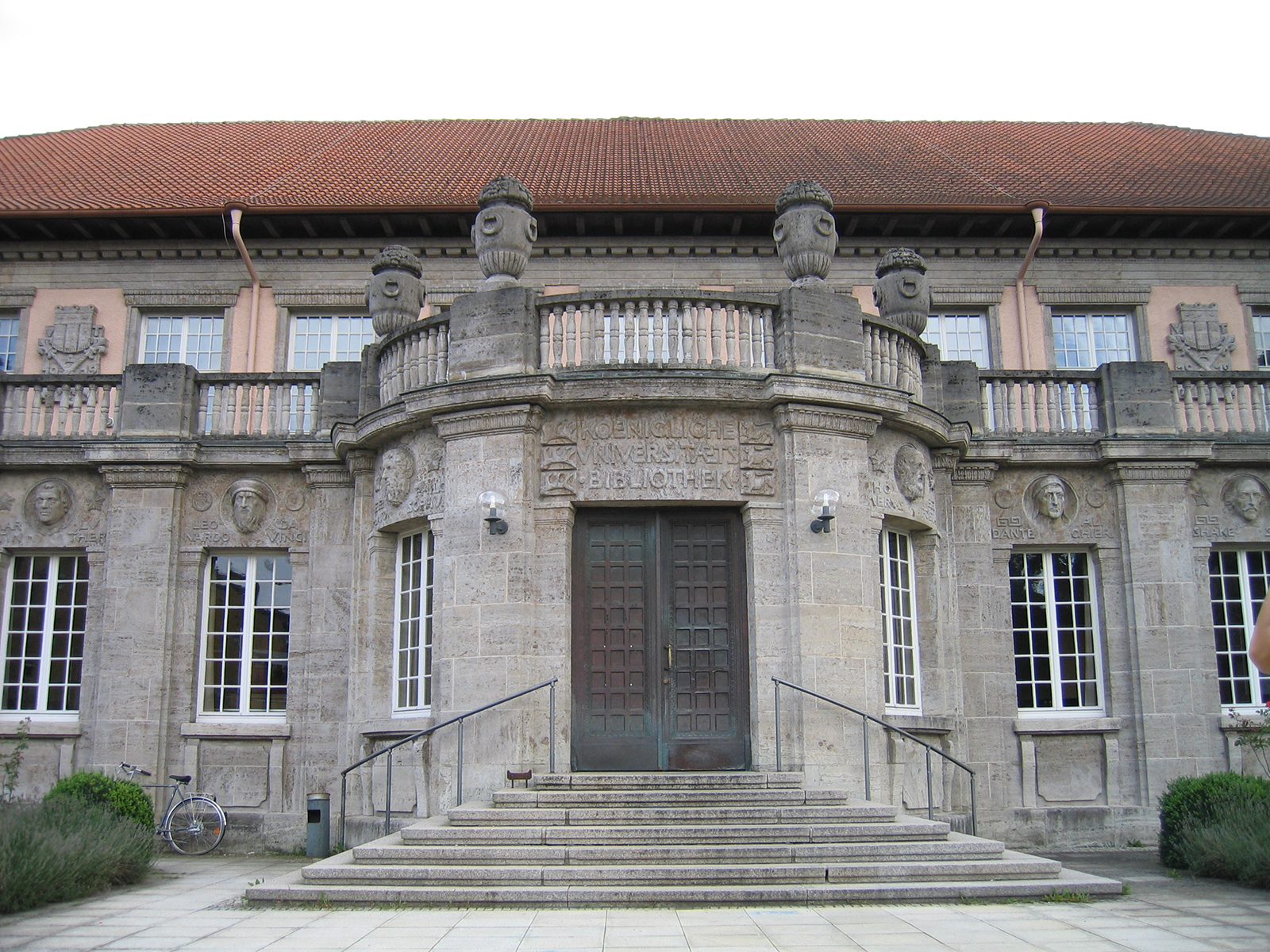Archaeologist Honoured With Tübingen Prize for Early Prehistory and Quaternary Ecology
This year’s Tübingen Advancement Award for Early Prehistory and Quaternary Ecology goes to Briana N. Doering, junior professor at the University of Wyoming, USA. The scientist is being honored for her dissertation “Evaluating the Social and Environmental Processes of the Athabascan Migration”. In this she researches the migration of the indigenous Dene/Athabascan: About 1500 years ago they left their homes in Alaska and Yukon and emigrated to the American Southwest. Briana Doering put forward a new thesis on the causes and proved it in thorough detailed work and using various methods.
Briana N. Doering received her bachelor’s degree in anthropology from Barnard College at Columbia University (New York) and her master’s degree in anthropological archeology from the University of Michigan (Ann Arbor). She completed her doctorate there in 2020 and has since worked as an assistant professor in the department of anthropology at the University of Wyoming. In Alaska, she conducts research on issues such as migration, indigenous archaeology, human-animal relationships, spatial organization, resilience and adaptation.
In her dissertation, the archaeologist puts forward a new thesis on the migration of the indigenous Dene/Athabascan, which is supported by archaeological, linguistic, genetic and oral data. For a long time, the common opinion was that this language group had left their homeland because of a volcanic eruption. Doering questions whether a sudden, dramatic environmental event was at the root of this. Instead, she assumed a gradual process triggered by social factors: an increasing population and a reorganization of groups related to kinship structure.
Group photo with the award winner
To test her thesis, she excavated four archaeological sites with five time components that lie on the site of the volcano that erupted at the time. She conducted a thorough lithographic analysis of each to determine if and how toolmaking and raw material selection had changed. She also analyzed isotopes of lipids in fireplaces and combined this with study data on the composition of the diet at the time. An extensive metadata analysis of two radiocarbon databases (US and Canadian) gave her insight into how site and landscape use had changed in relation to the number and size of sites.
Doering’s findings indicate that the Dene/Athabascan were already on the move before the volcanic eruption in question, and changes can already be detected in the centuries before: stone tools became more specialized, people used the resources of the high and lowlands more intensively and increasingly relied on each other on fishing. In addition, Doering examined the kinship structures of the Dene/Athabascan groups and found that associated changes in social organization could explain population growth.
The prize for prehistory and quaternary ecology, endowed with 5000 euros, is donated by the mineral water brand EiszeitQuell and will be awarded for the 25th time this year.

